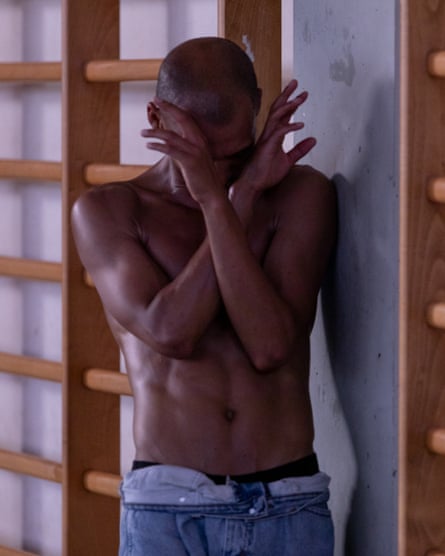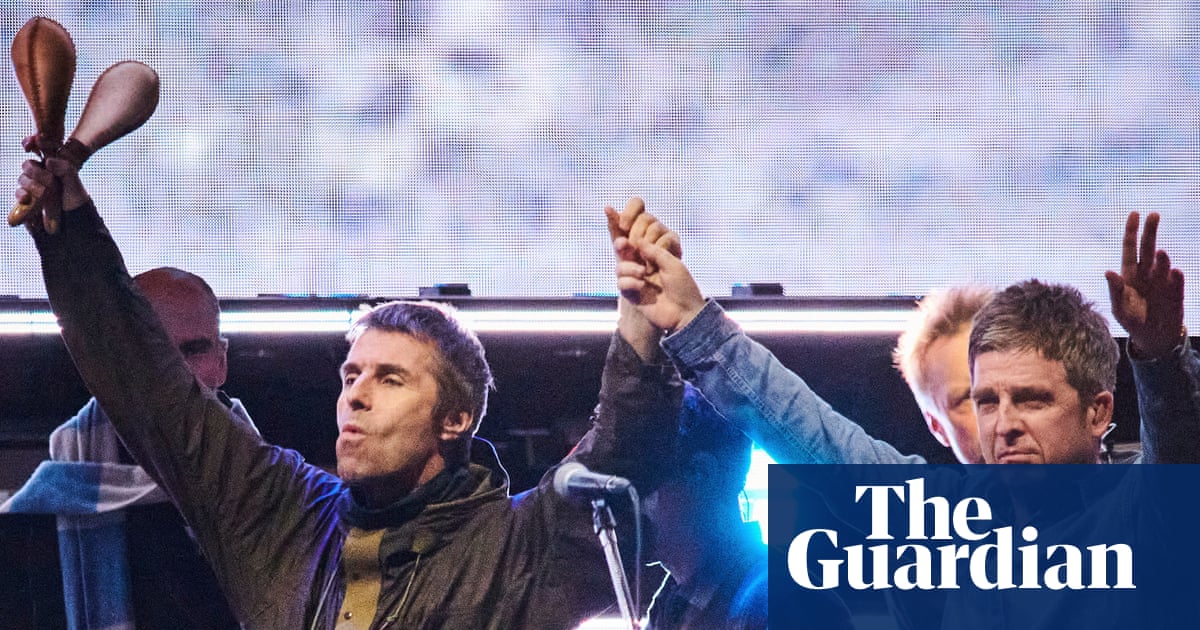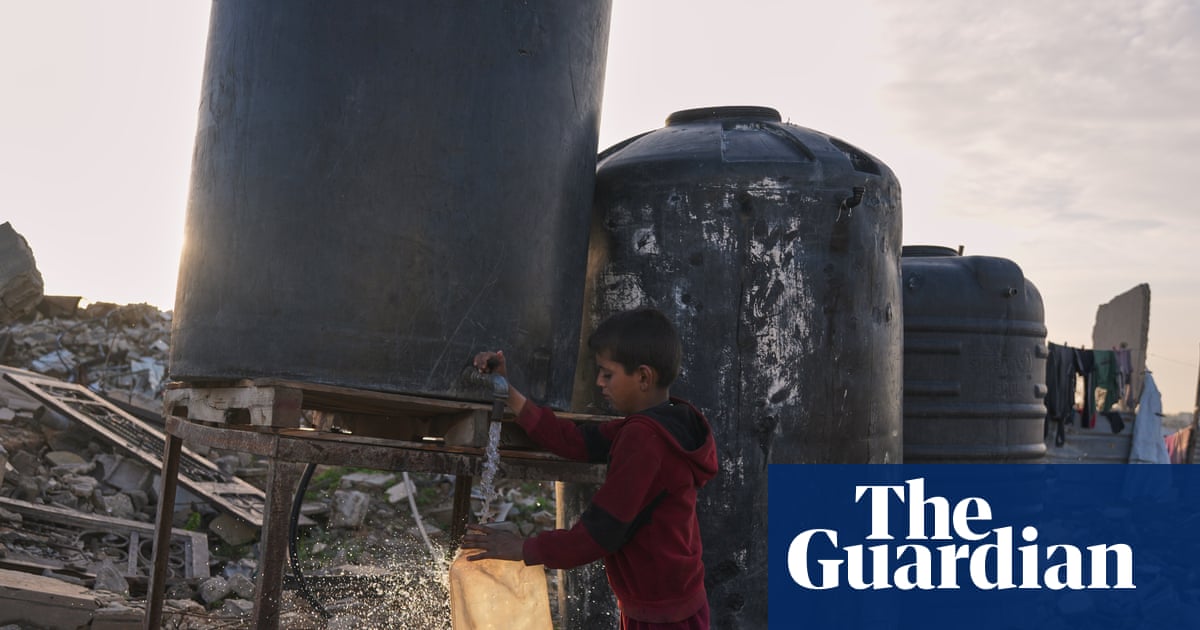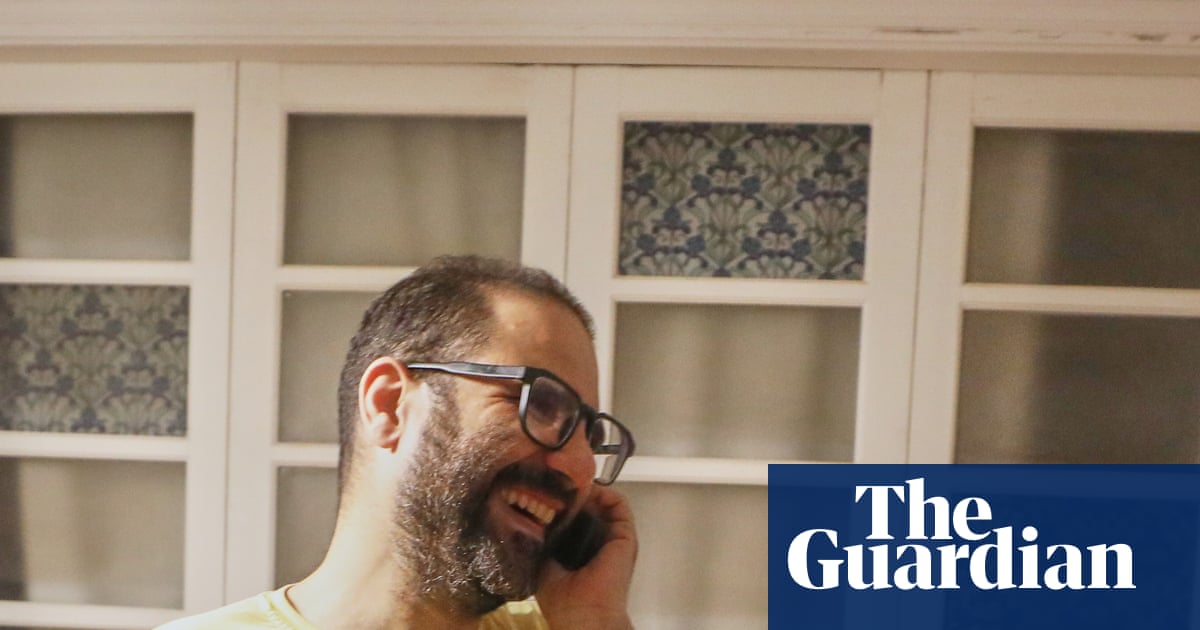Transform festival’s director Amy Letman tells her opening night crowd that this is the most challenging financial environment she’s worked in. Yet there’s a bounty of edgy, independent festivals this autumn: Glasgow’s Take Me Somewhere, Nottingham’s Nottdance, the Southbank Centre’s Kunsty series and Transform itself, a week of international dance and performance that on its first night had small venues packed with a buzzing crowd.
These two solo shows set a tone for artists with something to say and intriguing ways of saying it; starkly different in style, both pieces are interested in questions of identity and cultural expectation.
Amrita Hepi, a dancer and choreographer from Bundjalung (Australia) and Ngāpuhi (Aotearoa/New Zealand), is clearly a very smart woman. In Rinse (co-created with Mish Grigor) she talks directly to the audience all the way through the 40-minute piece, dancing as she goes, as if movement is part of her thought process. You would say it’s a stream of consciousness except that dance and words are so deliberate and carefully measured.
She’s cool but good company: sardonic, conversational, with flashes of wit and pointed politics. There’s a clever section about Hepi’s move to New York as a student, tracing dance history through its big name choreographers – Martha Graham, Merce Cunningham, Alvin Ailey – while mimicking each one’s style.

Rinse professes to be about beginnings, from the origins of the Earth to how Hepi set about making this piece (a deft line, “Adam, Eve, Steve, Apple”, seems to sum up several thousand years). But it’s richest when touching on appropriation, ownership and heritage in dance. Who owns a movement, and who can do it, whether it’s Beyoncé borrowing from Bob Fosse, or the white American Beth Dean performing Aboriginal dances. There’s the friend who suggests Hepi should focus on Māori dance and not the New York postmodernists, and Hepi’s own changing feelings about dancing the haka. But she’s not preaching, just setting up some thinking space.
In contrast to Hepi’s bright-lit stage and eye contact, the South African, Swiss-based Tiran Willemse keeps us in the murky dark in Blackmilk. He comes walking down the stairs mumbling into a mic. It takes a while to realise it’s the lyrics to Moon River, this dreamy song transformed into something dejected, disturbing. Dressed in black, hood up, Willemse starts to jerk in repetitive riffs, arms swinging. Blackmilk is the first in a trilogy called Trompoppies, the Afrikaans word for drum majorettes, whose precision moves are apparently an inspiration, but the pedestrian motion and repetition could easily follow a thread through Trisha Brown and Anne Teresa De Keersmaeker, only dressed in 21st-century alienation.
But then the horror melts into something else, his hands flying, head wobbling; it’s unclear whether it’s freedom or a breakdown, but it’s certainly breaking out of narrow ideas of black masculinity, which is Willemse’s point. There’s something brilliant about it. Leftfield, certainly, but engrossing, which has a lot to do with the atmospheric soundtrack, and Willemse’s commitment to the intensity of the whole sinister shebang. What he reveals himself to be is not easily categorised, but much like Hepi and the other artists in this festival, his refusal to be categorised is exactly what keeps you watching.
-
Transform festival runs until 25 October at various venues in Leeds

 2 months ago
76
2 months ago
76

















































